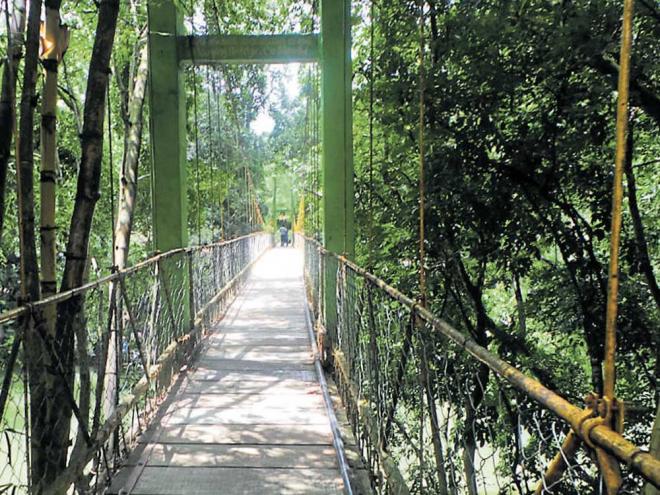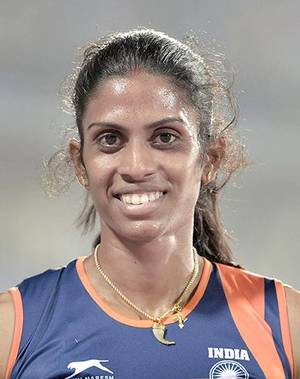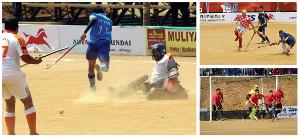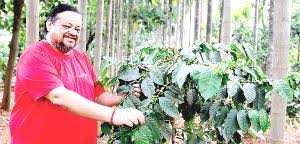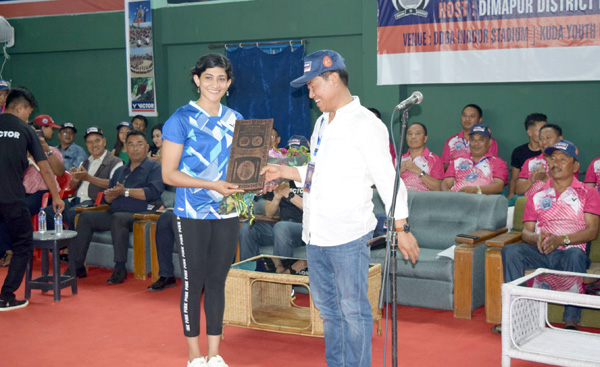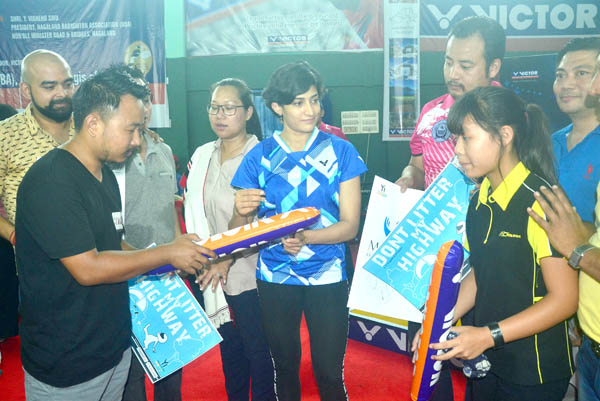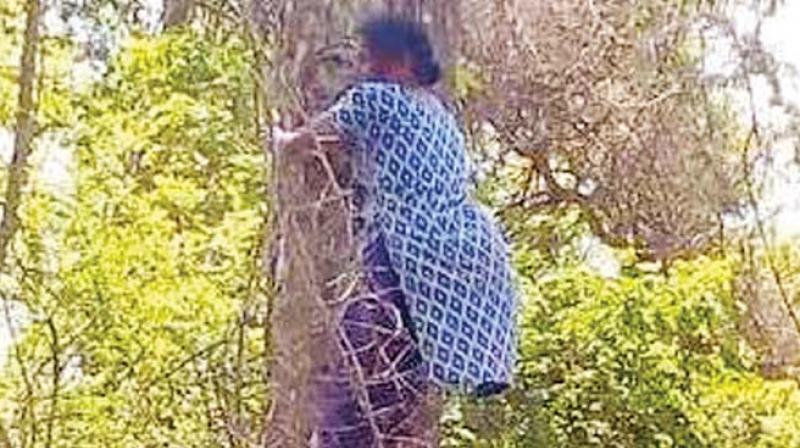Coffee Board seeks inputs from private players on new business model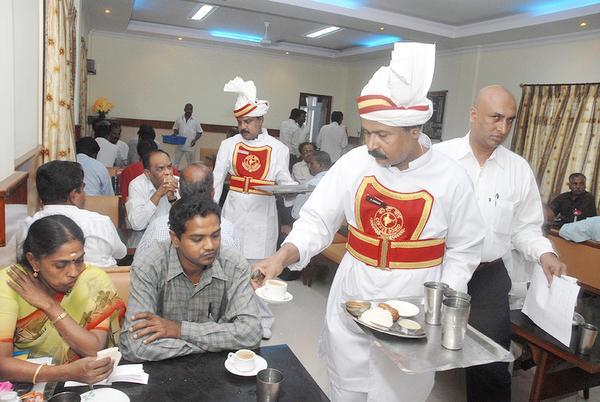
Bengaluru / Kochi :
The iconic India Coffee House is set for a makeover.
The state-run Coffee Board, which operates some 12 India Coffee House outlets in various locations including Parliament House, is exploring options to revamp and expand as part of its efforts to leverage the brand and promote coffee consumption across the country.
The board intends to go in for a revenue-sharing model and on a minimum investment basis for the proposed expansion.
It has initiated consultations with private players and has sought estimates on the capital expenditure and operational expenses for running a 1,000-1,500 sq feet store and smaller format kiosks of around 200-300 sq ft in 75-100 cities.
Pre-bid discussions
Confirming the development, Srivatsa Krishna, Secretary, Coffee Board, said the pre-bid discussions were still in the initial stages.
“We have two more rounds of consultations to go,” Krishna said, stating that clarity on the concept would emerge sometime in July.
Long before the advent of the café culture led by chains such as Coffee Day, Baristas, Costas and Starbucks, India Coffee House was synonymous with the growth of the coffee culture in the country. ICH has a significant brand recall, especially among the 40-plus generation. Red turbaned staff in white uniforms serving coffees and snacks at reasonably prices is a hallmark of ICH outlets.
ICH used to be a favourite hangout or adda for political activists, writers, government employees, small-time lawyers, sales executives and the unemployed: in other words, a curious mix of the eclectic and the mundane.
Its old-world and unpretentious ambience is welcoming of everyone, not least because of the affordable coffees. The impact of liberalisation, which brought about a change in the coffee marketing system in the mid-1990s, led to a downsizing of the Coffee Board workforce and the closure of a number of loss-making India Coffee Houses.
“Some of the outlets were taken over by co-operatives formed by the retireed employees of the Coffee Board and continue to be run by them,” said N Bose Mandanna, former vice-chairman of Coffee Board.
A welcome sign
Industry stakeholders see the renewed effort to revamp the ICH by roping in private players as a positive development.
“We welcome any efforts to promote coffee. The Board should look at the right vehicle to expand the ICH,” said Anil Bhandari, President, India Coffee Trust.
Interestingly, the Board, which started India Coffee House in the early 1940s, had shut down several coffee houses in the mid-50s in various cities and dismissed many employees. Following this, Communist leader AK Gopalan took over the leadership of the retrenched employees and organised societies under the name of India Coffee Board Workers Cooperative Society. The first society was formed in Bangalore in 1957; it opened the first Indian Coffee House in Delhi on December 27, 1957.
The Indian Coffee House, as distinct from the Board-run India Coffee House, is completely owned and managed by its employees.
The society now has a chain with over 51 outlets and associate canteens operating in all major towns and in government establishments, particularly in Kerala.
source: http://www.thehindubusinessline.com / Business Line / Home> News / by Vishwanath Kulkarni – V. Sajeev Kumar / Bengaluru-Kochi – May 10th, 2017
